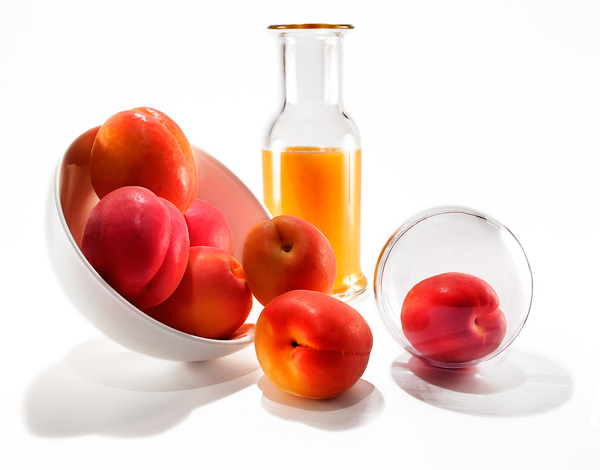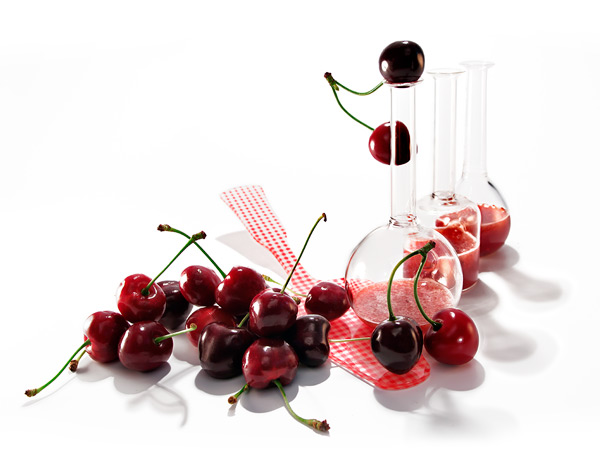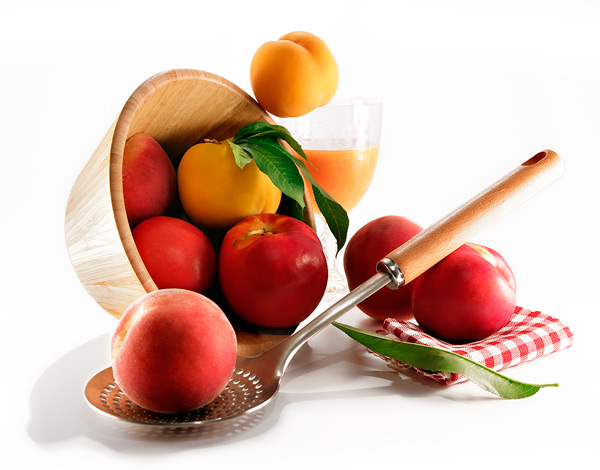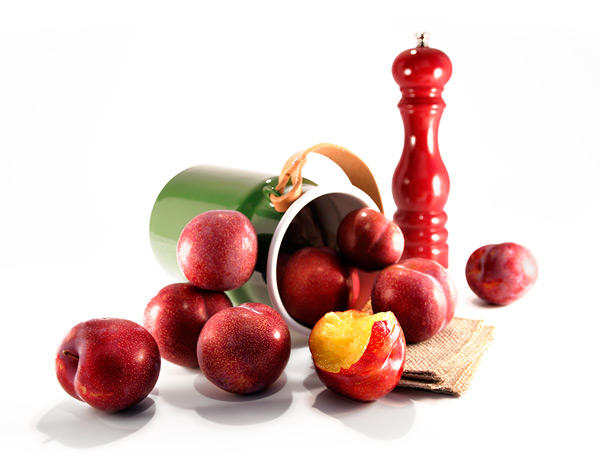13 years between selection and commercialisation
Our profession
Our varieties’ origins
IPS takes thenecessary time to optimise chances to obtain exceptional stone fruit varieties. It is this high quality know-how which allowed us to become leaders on the various international markets. So, between the time the breeder entrusts us with one of his most promising fruit variety and the licensing of this variety, it can take up to ten years. It is the time necessary to test the various agronomical and commercial parameters of each promising new varieties prior to identify the rare ones which are corresponding to our demanding selection criteria.

Year 1 :
we receive a stone fruit variety selection from our plant breeders partners which we immediately quarantine to ensure the absence of all pathogens.
Year 2 to 13:
selected plants are established in our experimental orchards in Montélimar (France) and in Murcie (Spain). During 5 years, we study the pomological and agronomical characteristics of these varieties. The varieties which distinguished themselves during our analyses, will be then further tested during a second experimental phase extended to our partner producers in France and in various countries.
Year 13
We protect the selected most promising varieties identified during the experimental phase, through Proprietary Plant Variety Protection Certificate (COV), licenses and/or trademarks (liens). They then enter a certification process prior to be commercialised. This last stage is led by SICASOV who manages most plant varieties.
Stone fruits varieties
Our selection criteria
International Plant Selection’s superior service
In order to create a license, and, or a trademark, allowing the commercialisation of a new fruit variety, we analyse and evaluate various criteria in our orchards to ensure an optimal quality : agronomical criteria, as well as qualitative, organoleptic, and economical.
Main characteristics of our fruit varieties according to their species :
Apricots

Self-fertility
Productivity
Fruit aesthetic
Calibre Fruit handling resistance
Diseases resistances (Sharka, Monilia…)
Cherries

Regular production
Calibre 28-30mm
Excellent texture
Resistance to cracking
Homogeneous colour
Grouped maturity
Peaches, Nectarines, Cling-stone peaches

Regular production
Calibre 2A
Fruit behaviour
Organoleptic traits
Red colour all over the fruit skin
Plums

Regular production
Organoleptic traits
Calibre 50-60mm
Handling resistance
behaviour in cool storage
Our commercial trademarks


HONEYZEE
Our sweet nectarines - Zaiger genetics

ROYAL
Our peaches - Zaiger genetics

CARMINGO
Our bi-color apricots series

RUBYNGO
Our red apricots series - Newcot

CAPLUM
Our Stargrow plums – South Africa

PAVORO
Our clingstone peaches – Zaiger series

PLUOT
Our interspecifics
discover the Internet site




